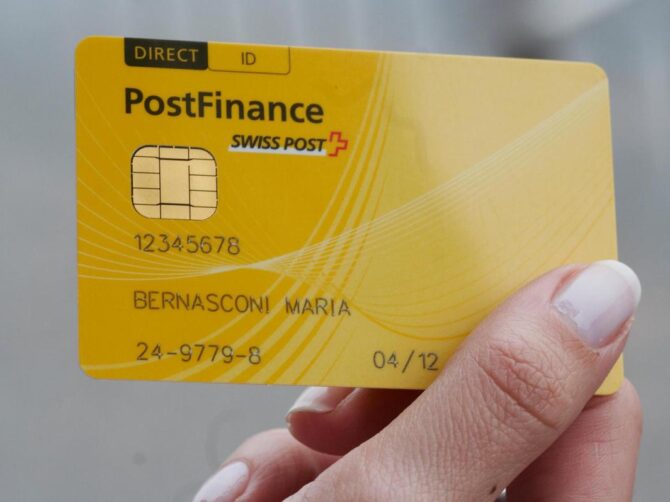Why Pepper?
By providing a universal interface, our Pepper software makes it easy to connect POS terminals to your cash register software.
Why Pepper?
By providing a universal interface, our Pepper software makes it easy to connect POS terminals to your cash register software.
POS terminal assistant
Find out whether your terminal is supported by our solutions.
Supported POS software
Find out whether Pepper has already been integrated into your POS system.
Order a Pepper license
Ready to purchase your Pepper license?
Why Matchbox?
Matchbox automates your payment reconciliation, reduces expenditures – and turns the flood of your payment data into informative diagrams.
Free Matchbox trial
Give Matchbox a try? We would love to give you a short personal introduction and then activate your free trial account.
Supported terminal types
Find out whether your terminal is supported by our solutions.
Check now
Supported POS software
Find out whether Pepper has already been integrated into your POS system.
Check now
The driving force worth knowing
As EFT experts, we not only report on current projects here. We also like to share our knowledge about the world of cashless payments.
19 October 2021

The PostFinance Card has been enjoying great popularity in Switzerland as a cashless means of payment for many years. Now, like other banks, PostFinance is gradually replacing its old card with the new PostFinance debit card.
Alongside the benefits that this debit Mastercard will offer its holders, the co-branding on this new debit card is also bringing about change in the Swiss EFT market. In this article, you will learn about the reasons behind this – and the consequences it will have for acquirers and merchants.
PostFinance Cards have a very high market coverage in Switzerland: almost a third of all debit card transactions in the country are processed via a PostFinance Card, so the market volume is huge.
However, like the SBB Card and the REKA Card, the old PostFinance Cards previously only supported the EP2 communication standard, which is unique to Switzerland. This means that this huge market volume was previously reserved solely for those acquirers that supported this communication standard (primarily Worldline).
The EFT POS 2000 standard (EP2 for short) defines the processing of EFT transaction payments in cashless transactions within Switzerland.
The Technical Cooperation EP2 Association, which established the EP2 specification, forms the basis for cooperation between Swiss acquirers and the Swiss Electronic Transactions Association (VEZ).
All manufacturers of EFT terminals used in Swiss shops and catering establishments had to have their devices certified via an EP2 test prior to marketing them.
Conversely, this has meant that foreign acquirers had to adapt to this standard in order to gain a foothold in the Swiss market. However, this usually amounted to exclusion from the Swiss market because its commercial potential paled in comparison to the massive expense incurred as a result of adapting to the standard.
With the Mastercard co-branding on the new PostFinance debit card, the bank now offers the international Mastercard standard alongside the EP2 standard. This means that foreign acquirers can now also process the PostFinance debit card without any problems – and therefore benefit from the large market volume of these debit cards.
Of course, the PostFinance debit card offers a host of advantages for cardholders, too: they are now no longer limited to just using their PostFinance Card in Switzerland – it will now work abroad, too, and can also be used to make hassle-free online purchases.
You can find PostFinance’s official statement in English here.
The new co-branding on the PostFinance debit card gives merchants greater freedom to choose the acquirer that is right for them. This is because, thanks to the additional Mastercard standard, they are no longer completely dependent on acquirers that support the EP2 standard (such as Worldline).
This means that they can now compare the services and fees offered by different acquirers and choose the one that best meets their needs. By the way: We recommend that you use the Matchbox reconciliation software with its practical dashboard function to maintain an overview of all of the debit cards and credit cards you have processed, together with the fees incurred.
All that remains is the significant IT outlay that normally arises when switching acquirers due to having to integrate new terminals into your payment system. The solutions offered by Pepper will help you with this: these universal interfaces make it easy to connect over 150 different card terminals to all standard POS systems, thereby laying the foundations for quickly switching between acquirers without a hitch.
We have summarised the further consequences that the new Mastercard and Visa debit cards will have for merchants for you here.
While the EP2 standard could previously only be processed by Swiss acquirers (primarily SIX Payment Services), the co-branding on the new PostFinance debit card now opens up the Swiss EFT market to acquirers from abroad.
For merchants, this means that they have more freedom in choosing acquirers (and therefore more room for negotiation).

23 April 2024 – What are the 15 most important KPIs in accounting? And which new KPIs have become more important in the context of electronic payments? Our article provides valuable insights for better controlling. Continue reading

21 March 2024 – What do you actually do with your expired debit cards, credit cards and railcards? They’re simply too good to throw away. If you want to quickly make something practical, surprise your colleagues or bring a little light relief to your next customer meeting, we’ve got three upcycling ideas for ... Continue reading

7 December 2023 – «For us Pepper works like a universal adapter, which makes it vastly easier to connect different terminal types», says Rüdiger Boesen, Product Management TCPOS at Zucchetti, summarising his understanding of the software. A general contract was consequently concluded for the DACH region back at the start of the 2000s. Continue reading